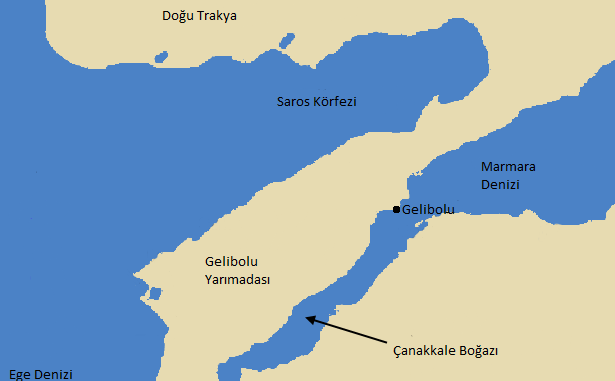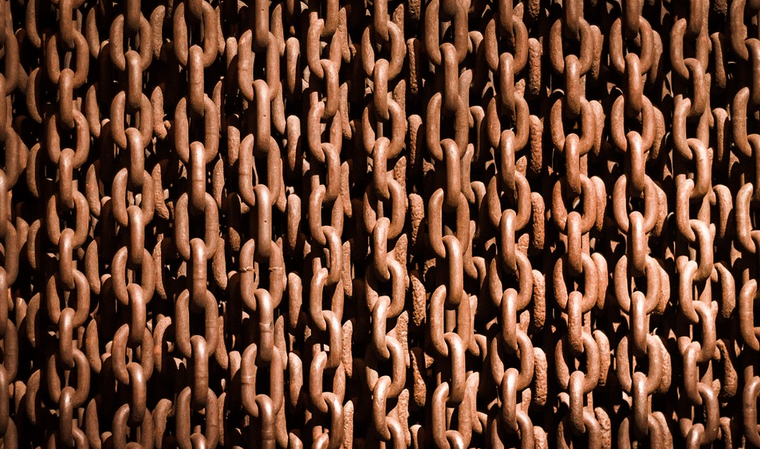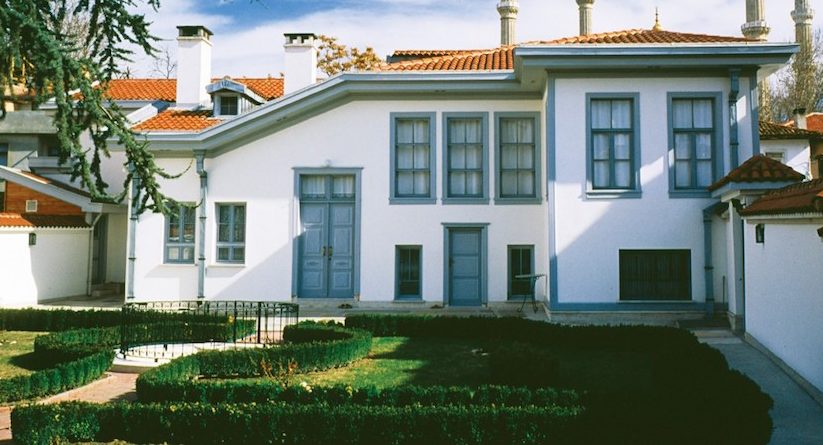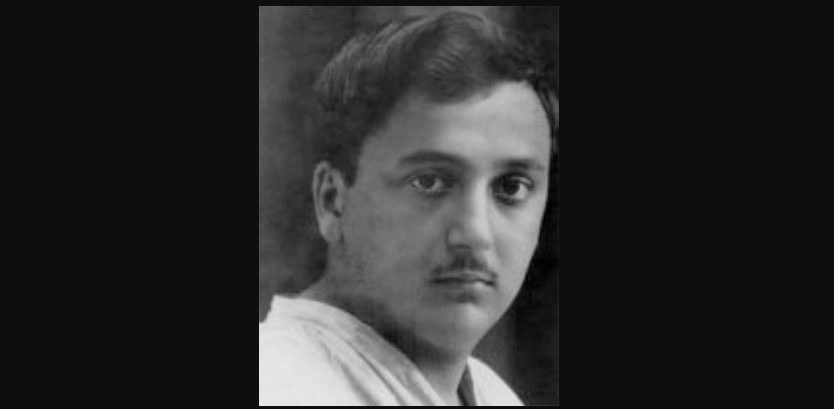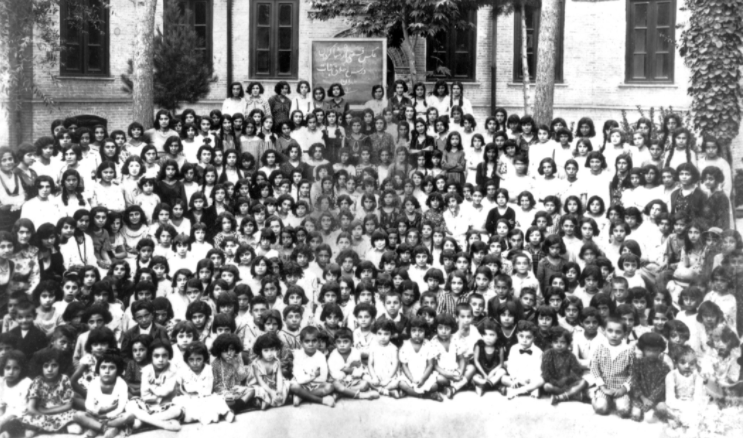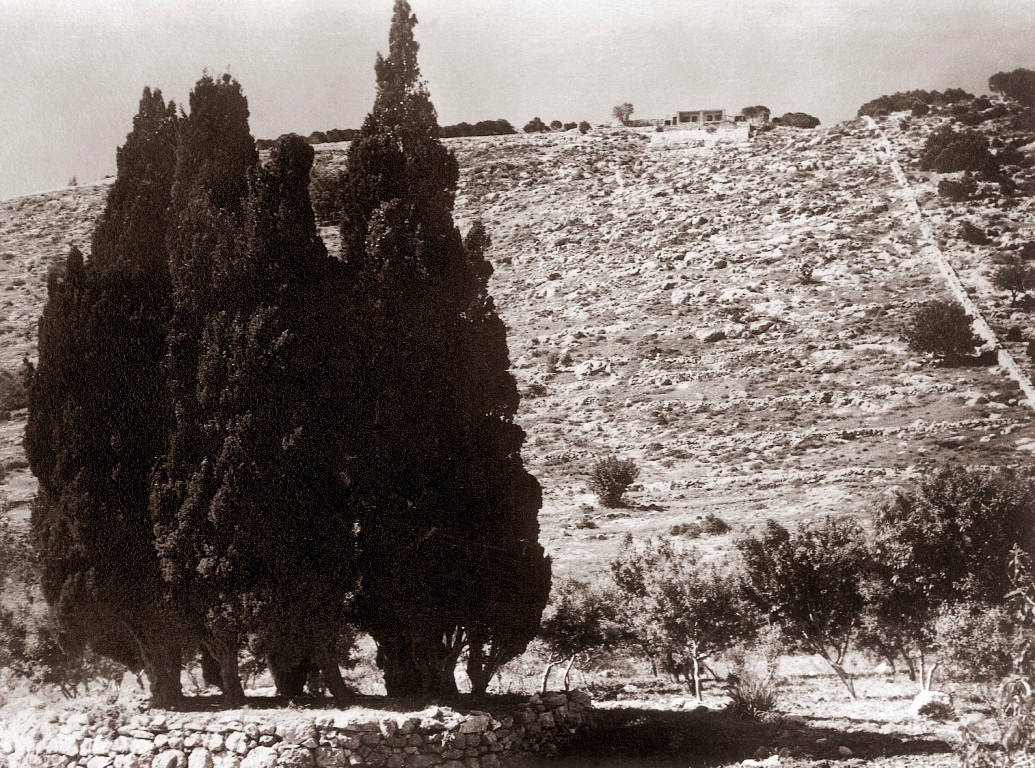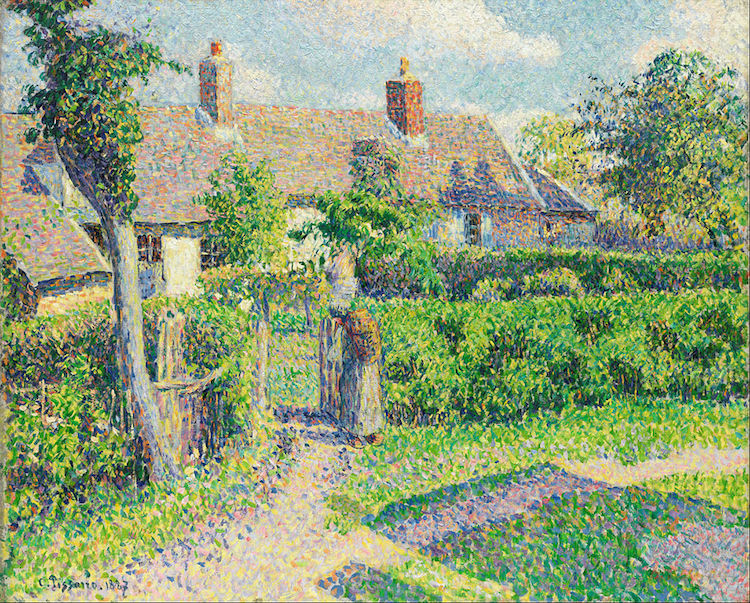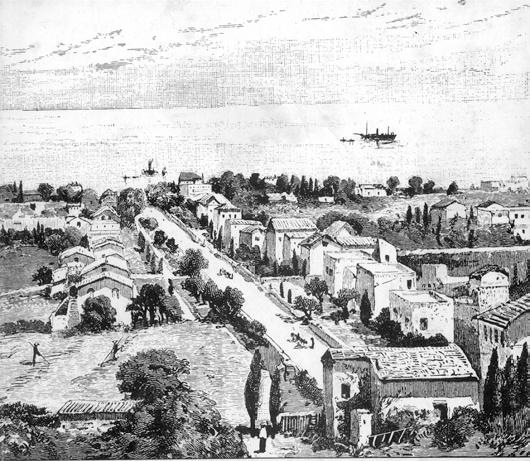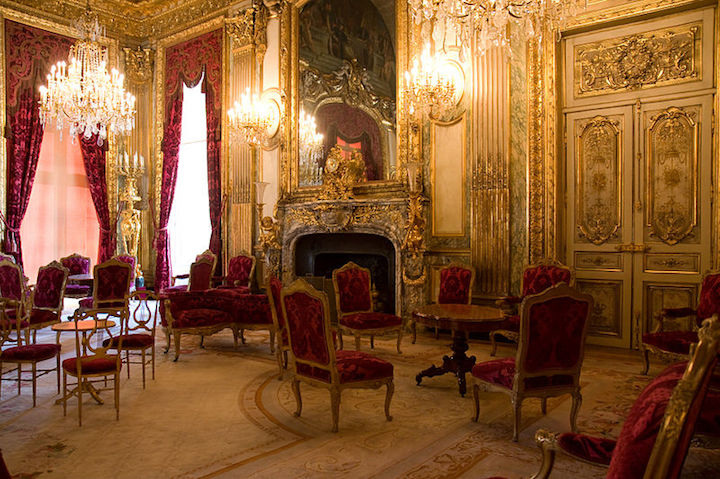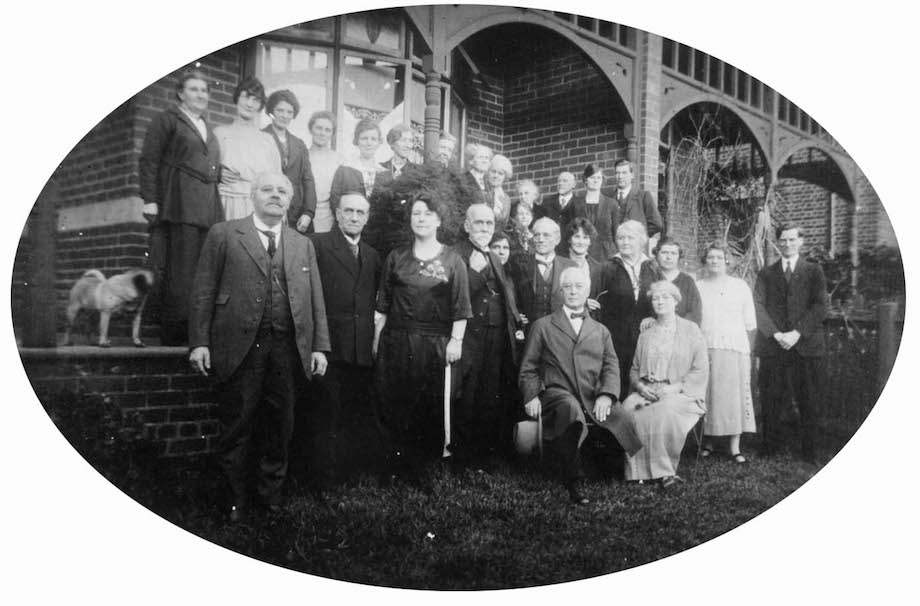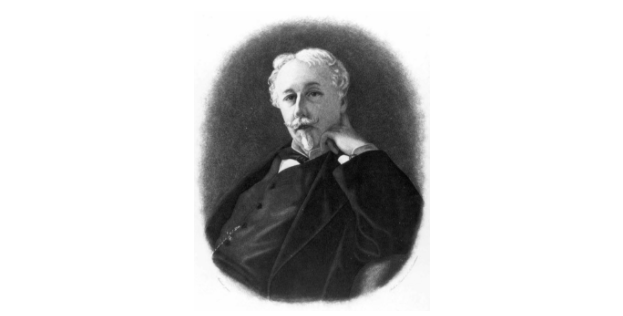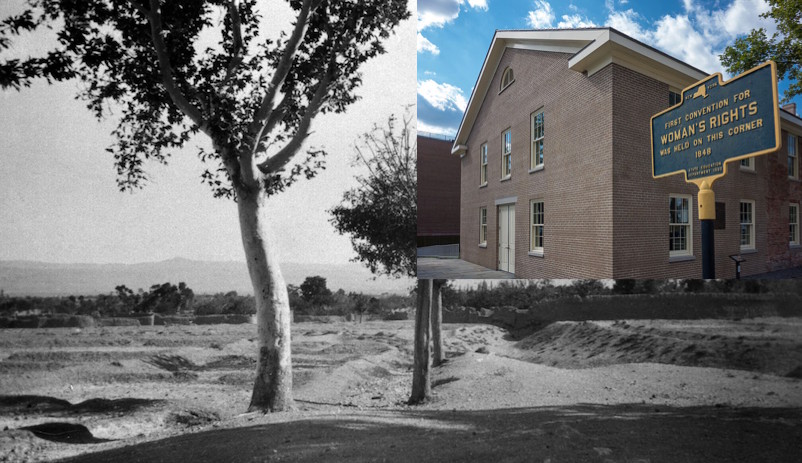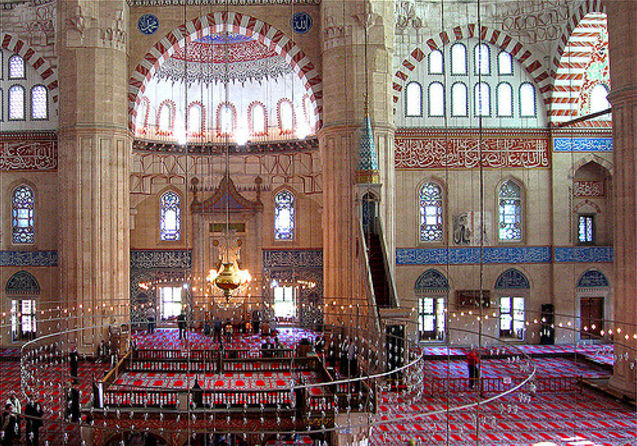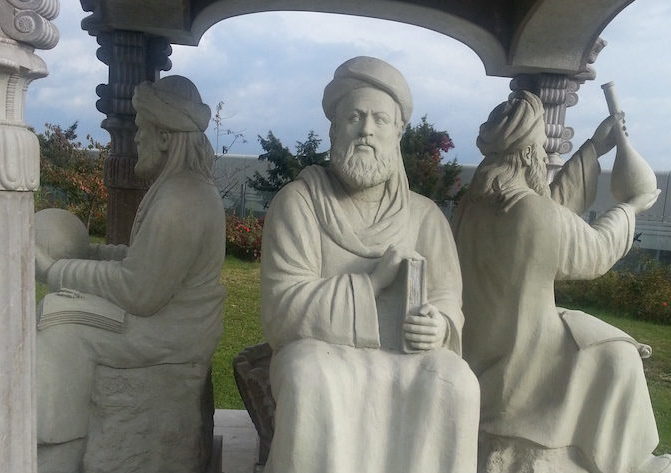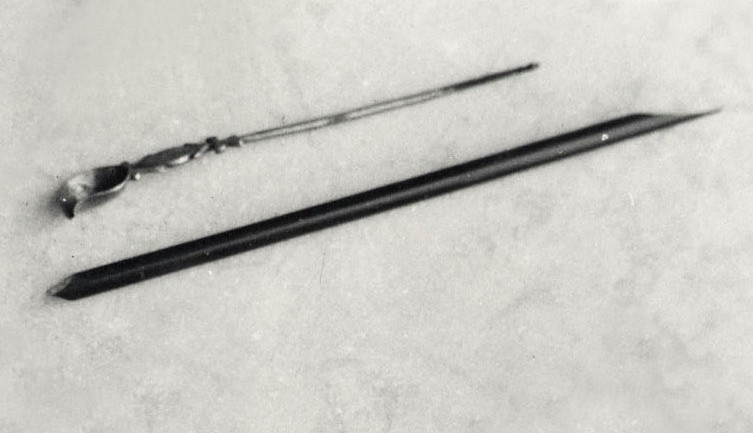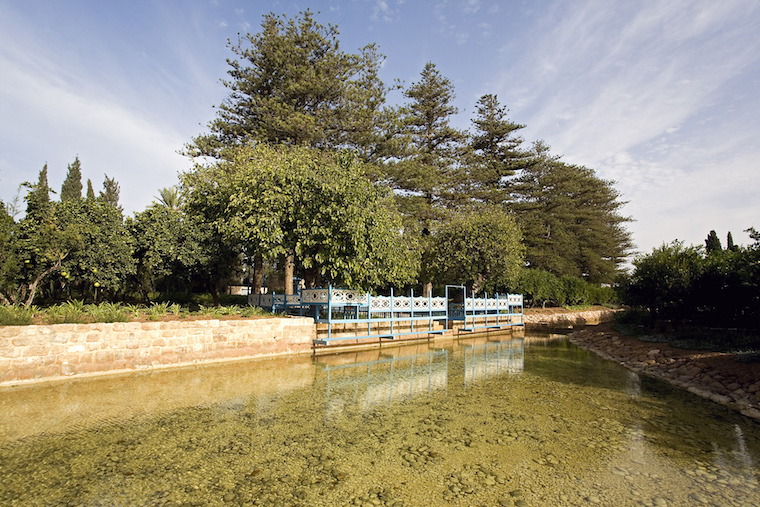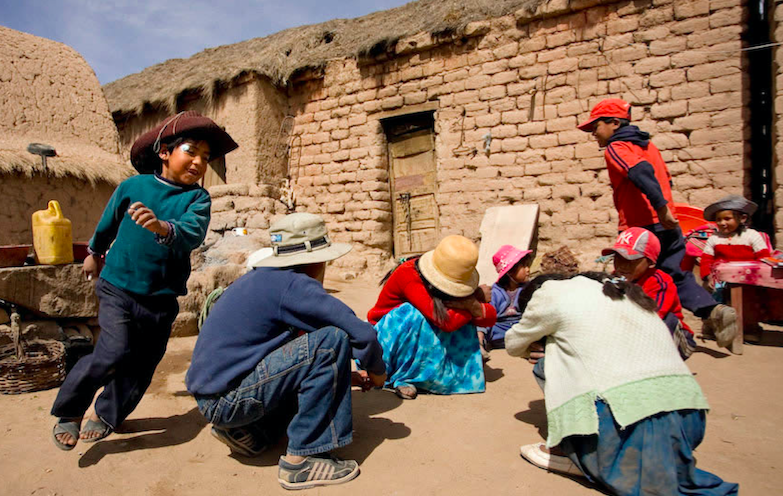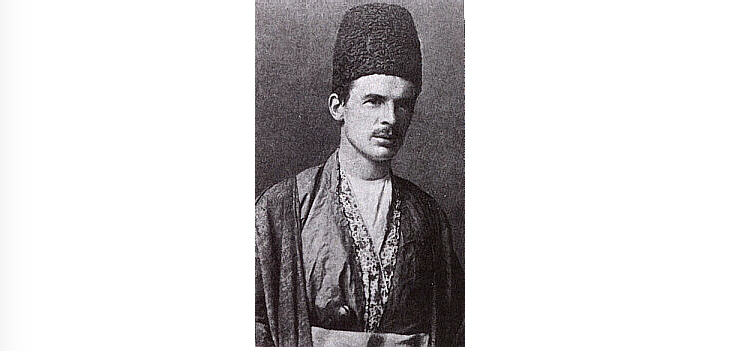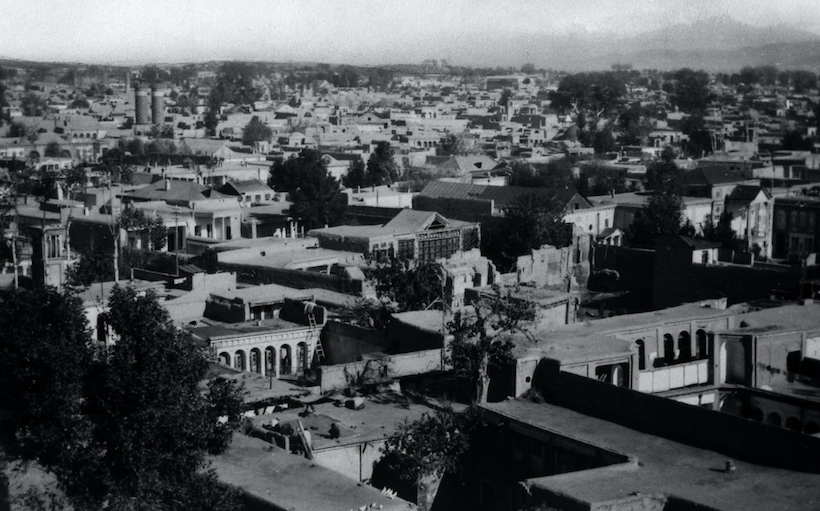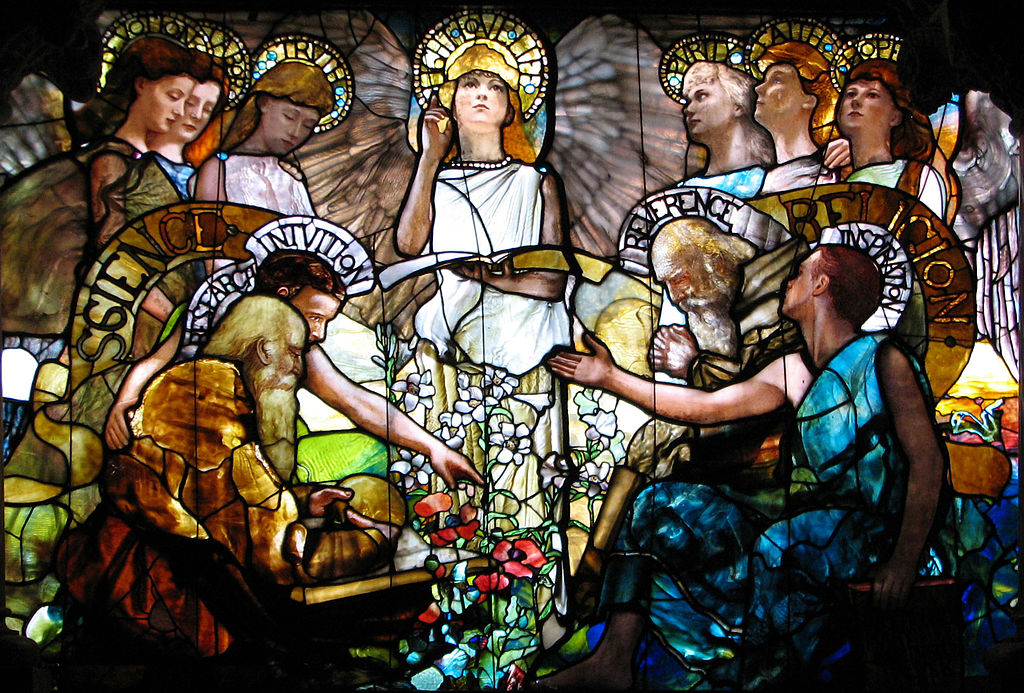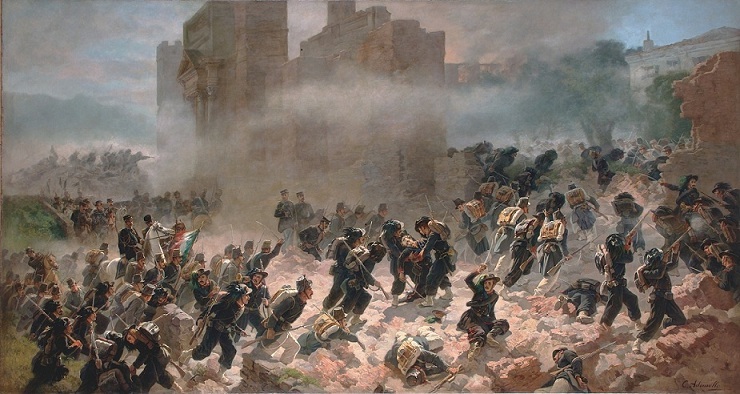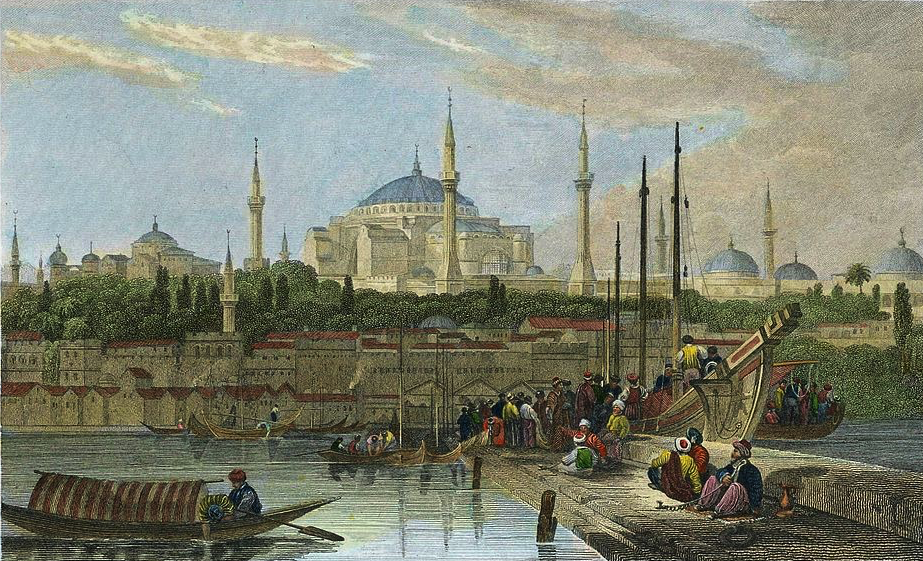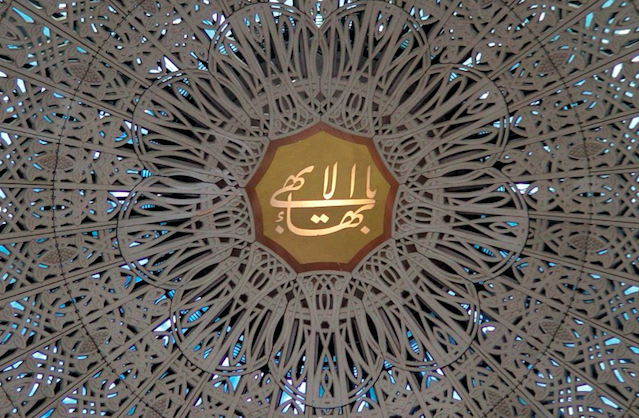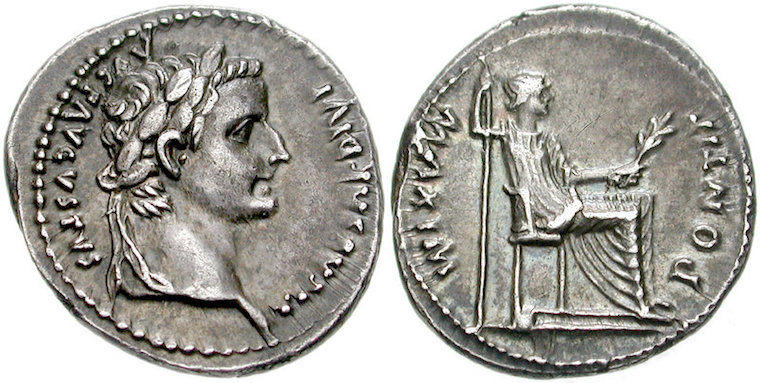-
When the World Changed: Gallipoli and the Chief Vizier
The future is hardly ever what we expect it to be. It almost always surprises us. This is proof enough that in any point of time, although we often write history as if it was inevitable, many possible futures stretch out before us. Sometimes there are pivot points in history when things change profoundly from what came before — or from what they might have been. When Baha’u’llah sent his message to the kings – the Suriy-i-Muluk — he warned them that their actions had the power to change the future. If ye pay no heed unto the counsels which, in peerless and unequivocal language, We have revealed in this…
-
And the People Wept …
Events moved quickly following the issue of the order for Bahá’u’lláh’s exile from Adrianople and perpetual imprisonment in Akka. Bahá’u’lláh and his followers lived together in a house in Adrianople. One morning they awoke to find that their home had been surrounded by soldiers of the Sultan. Guards were posted and Bahá’u’lláh and his followers were told to prepare for exile. Bahá’u’lláh’s fame was already considerable. As the news spread, consuls of foreign governments in the city wrote with offers of assistance, for which Bahá’u’lláh expressed thanks but which he declined. The Governor of Adrianople, who was an admirer of Bahá’u’lláh, had written objecting to the government’s mistreatment of Bahá’u’lláh…
-
Tablet of the Branch
In Adrianople, Bahá’u’lláh began the public announcement of his mission; writing to kings and rulers and to followers of the Bab. Also from this period, Bahá’u’lláh was already looking far ahead to the time when he would no longer be in the physical world and he was laying the foundations of the Baha’i Faith after his passing. We have already noted the role of Abdu’l Baha in his journeys to the West,[1][2][3][4], and in his role as the foundation stone of human unity. We have seen the extraordinary work schedule that he maintained. In France, his first address was concerned with kindness and welcome to strangers. In the Tablet of the…
-
Bahá’u’lláh’s first letter to Napoleon III: the Responsibility of Government for Welfare of the People
We have seen that while Baha’u’llah was in Adrianople he wrote to the rulers of society, individually and collectively. From this period comes Bahá’u’lláh’s first letter to Napoleon III – Emperor of the French – who at the time was at the height of his power and influence. Bahá’u’lláh’s letter announces his mission as do other letters of this period. Some of this letter is however concerned with responding to statements Napoleon III had made some years earlier in the context of the Crimean War. Two statements graciously uttered by the king of the age have reached the ears of these wronged ones. These pronouncements are, in truth, the king…
-
Origins of Racism: the Case of the Count de Gobineau
When we see racism still at work in our world it is important not only to know its current manifestations but also to understand something of how it arose. This article concerns, Count Arthur de Gobineau, a man who is often labelled a “father of racism”. Of course, no one individual is solely responsible – but he was clearly one of those whose influence contributed to the strengthening of racist ideology. Curiously enough he also appears as the European historian who wrote the first extensive account of the birth of the Babi religion, as we have seen in the article on E.G Browne. Regrettably, it appears, Gobineau did not pursue…
-
The religious scholar accused of being a follower of the Bab
In the time of Bahá’u’lláh, there lived in Persia a very erudite and accomplished religious scholar, Aqa Muhammad. Aqa Muhammad was so accomplished that later in life he was awarded the degree of “mujtahid” (recognition as an authority in Islamic law) by his teacher. About the time that Bahá’u’lláh was in the Black Pit (the Siyah-Chal) and there was intense persecution of the followers of the Bab, Aqa Muhammad arrived in Tehran to join a theological school. Aqa Muhammad was interested in metaphysics and philosophy, an interest the head of his new school shared. Aqa Muhammad was befriended by the head who welcome the opportunity to talk about such matters. Among the…
-
Edward Granville Browne – the only western scholar to meet Bahá’u’lláh
Edward Granville Browne was a young man in England when he first came across a most amazing account. It was the story of a severely persecuted and new born faith. He recalls the impression it made on him: My attention was first attracted to the subject by .. the .. work of M. le Comte de Gobineau … entitled “Religions et Philosophies dans l’Asie Centrale,” from whose graphic and vivid description of the first beginnings and early struggles of the Babis I derived more pleasure than I can describe. Anxious to learn more on the subject, I sought for other accounts, which should inform me of the further progress of the…
-
Bahá’u’lláh’s letter to Pope Pius IX
In 1869, while in Akka, Bahá’u’lláh wrote to the then Pope of the Roman Catholic Church: Pope Pius IX. History does not record any reply. As with other such messages, no reply was expected. The letter is short. It announces Baha’u’llah’s mission in words again unmistakable, although Bahá’u’lláh was a prisoner of the Caliph and Ottoman Sultan. “Rend the veils asunder. He who is the Lord of Lords hath come overshadowed with clouds“, the message begins, in a clear reference to the signs of the second coming recorded in the Gospels. Bahá’u’lláh continues that he “hath again come down from Heaven even as He came down from it the first time“.…
-
Constantinople
Constantinople was the capital of the 500 year old Ottoman caliphate. And before the Ottomans captured the city and made it their own, it had stood for more than 1000 years as the capital of the Christian Roman Empire. In April 1863 Bahá’u’lláh was exiled again – “summoned” to that capital. As we have seen, the departure from Baghdad was a moment when the love the people felt for Bahá’u’lláh became evident and it was the moment when Bahá’u’lláh first announced his mission. Rather than a time of grief, it is a time that is celebrated as the greatest festival of the Baha’i calendar. On arrival in Constantinople, it was expected…
